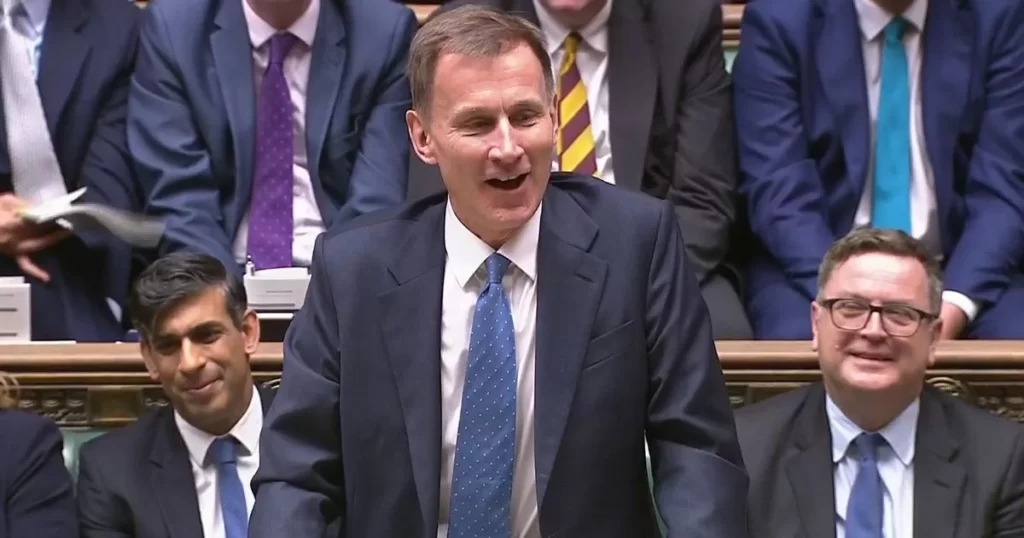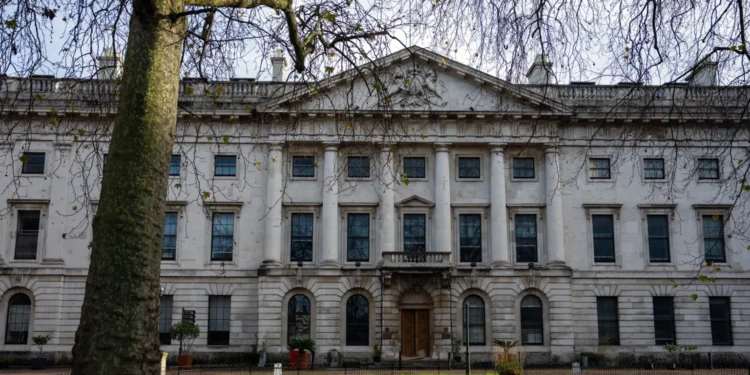Chancellor Rachel Reeves announced a £40 billion tax hike, the largest increase since 1993, as part of a sweeping financial strategy to bolster public services and stimulate the UK economy.
Reeves addressed Parliament by stating her plan is critical to reversing what she described as a “toxic Tory legacy.”
The Labour Party’s first budget in 14 years promises substantial public spending increases, including £25 billion more for the NHS as part of an overall £70 billion boost.
This spending surge will be funded by significant tax increases on wealthy individuals and middle-class earners alike, with additional borrowing of £32 billion. “I have made my choices. The responsible choices,” Reeves stated. “To restore stability to our country. To protect working people.”
Increased Taxes on Wealth and Assets
Among the most substantial tax changes announced are increases on various income streams and assets for wealthier citizens.
Employers’ national insurance contributions will rise from 13.8 percent to 15 percent, capital gains tax will increase from 10 percent to 18 percent, and non-domiciled resident status will be abolished and replaced with a residency tax.
Furthermore, inheritance tax will now cover pensions and farms, and stamp duty has been raised to 5 percent for existing homeowners.
Reeves’ bold moves have sparked reactions across the political spectrum. Rishi Sunak, using his last appearance as opposition leader in the House of Commons, criticized the budget as a failure to “grip public spending,” and accused Reeves of making “broken promise after broken promise.”
In his response, he argued that Reeves’ measures would place undue financial strain on British taxpayers, a sentiment that some in his party echoed by reminding voters of Sunak’s pre-election warning: “Keir Starmer will put up your taxes. Bookmark this tweet.”
Mixed Economic Forecasts Cloud Budget Impact
While Reeves’ budget has garnered praise from those advocating for increased public investment, the Office for Budget Responsibility (OBR) issued a cautious outlook, suggesting that her policies may not yield the economic growth she anticipates.
According to the OBR, Reeves’ claim of inheriting a £22 billion fiscal gap from the Conservatives was overstated; they reported a shortfall of £9.5 billion. Paul Johnson, director of the Institute for Fiscal Studies, described the plan as a “huge gamble” and emphasized that “tax is now on a path to 38.2 percent of GDP, its highest level ever in the UK.”
Johnson explained that while the chancellor is increasing spending on public services, this will also require additional borrowing over the next few years.
“In broad brush strokes, that was the Budget we had been led to expect: big tax rises, more cash for public services, more borrowing, and more investment,” he said. However, Johnson noted that two critical assumptions underlie the chancellor’s plan, both of which present considerable risk.
The OBR shared mixed projections for economic growth. They forecast growth at 1.1 percent in 2024 and 2 percent in 2025, both slight improvements. However, projections dip to 1.8 percent in 2026 and further to 1.5 percent by 2027 and 2028, reflecting a modest outlook.
Additionally, the OBR cautioned that inflation rates would remain above target, expecting rates to reach 2.3 percent in 2026 and remain around 2.1 percent through 2028.
Divided Reactions
The chancellor’s policy package has stirred considerable debate within financial circles. Former chancellor Jeremy Hunt remarked that Reeves’ approach was unlikely to foster sustainable growth, claiming she has introduced “German levels of tax, and French labor laws.”

Supporters of Reeves argue that increased public investment and redistributive tax policies could modernize UK infrastructure, especially within the NHS, and help relieve pressures faced by low-income families. Meanwhile, detractors worry the budget’s high tax rates may discourage business investment and hinder overall economic competitiveness.
In response to Sunak’s criticism, Reeves defended her budget as both a remedy to years of Conservative austerity and a step towards a fairer society. By raising taxes on wealthier earners, she argued, the Labour Party is addressing Britain’s income inequality and directing resources to underfunded public services.
As the UK contends with rising living costs and an ongoing need for public investment, Reeves’ budget represents a significant departure from recent fiscal policies, aiming to both strengthen the economy and restore trust in government spending.
READ ALSO: UTAG Refutes Political Motives Behind Strike, Calls for Support Against Galamsey






















